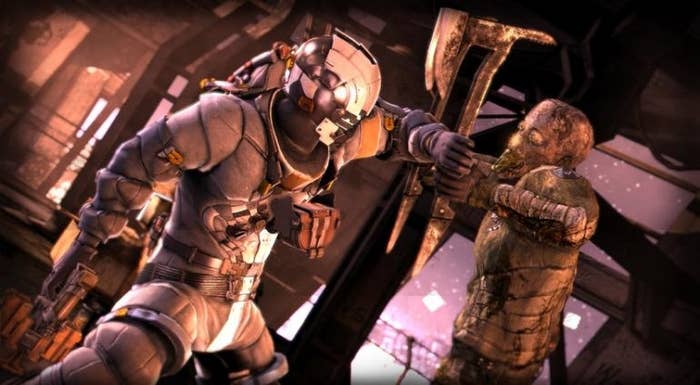
What is the proper function of a game review? To millions of paying customers, games should be evaluated as technological products and rated objectively on a series of salient metrics (graphics, sound, gameplay, control), the way CNET would break down a new television. But to an ascendant class of independent designers and like-minded fans, games are culture and should be considered the way Jennifer Homans sees a ballet or Anthony Lane watches a movie: in terms of emotional impact and broader cultural context. It's a tricky distinction precisely because mainstream gaming studios overtly balance their work at the fulcrum between satisfying customer expectations and satisfying their own creative ambitions.
And the messiness of the distinction leads to exchanges like the one today between Bennett Foddy, the academic and independent game designer (and former Cut Copy bassist), and Arthur Gies, the reviews editor at the gaming site Polygon. It began when Foddy took issue with what he felt was Gies' overly "mechanistic" positive review of the game Dead Space 3, out today:
I'm fascinated by the extent to which Gies takes the position that most games don't deserve the same cultural designation as movies, music, and books. Given the epic disagreement between game critics and Roger Ebert on the now-exhausted question of games as art, it's surprising to see a games journalist come down on the "no, with exceptions" side of the argument. At the least, this spat is the latest proof that the leading voices in gaming are by no means monolithic.
